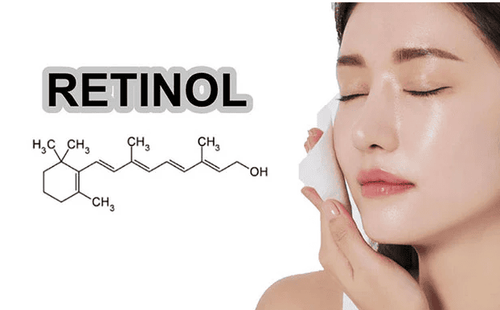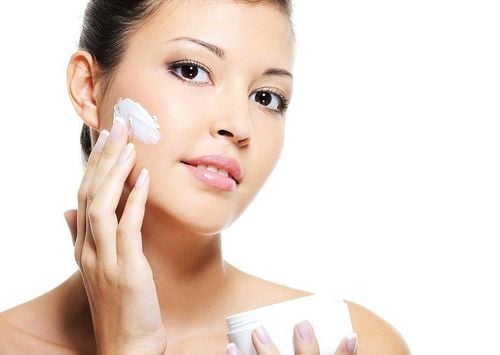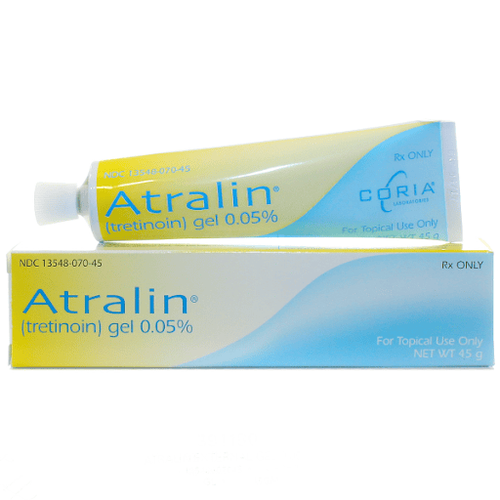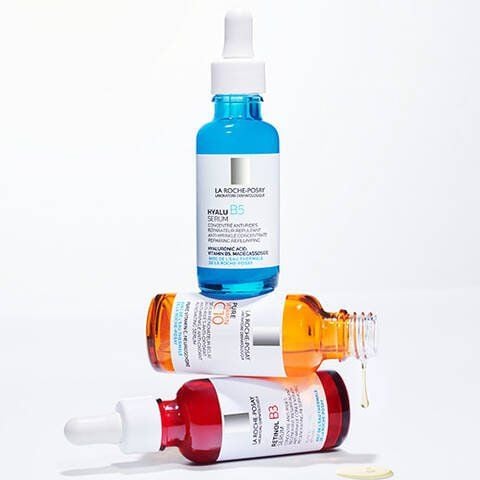This is an automatically translated article.
Exfoliating the skin, especially the face, is one of the most important steps in the skin care routine of many people. When exfoliating the face, it's important to do it safely, without damaging the skin, and so as not to have the opposite effect on the skin.1. What is Exfoliation?
Exfoliation is the process of removing dead skin cells from the outermost layer of the skin. While some people believe this improves their skin, in some cases it doesn't work in that direction and sometimes causes the opposite reaction if not done properly.
When choosing to exfoliate, it's important to do it safely so as not to damage the skin or cause skin rashes or breakouts.
2. Exfoliation method
Since exfoliants may not be suitable for all skin types, it is important to consider your skin type before choosing an exfoliating method.
Sensitive skin may experience a stinging or burning sensation after using an exfoliator. Normal skin may not feel any signs or sensations when exfoliating. Dry skin can be flaky, itchy, or rough. Oily skin can be shiny. Combination skin can be dry in some areas and oily in others. There are two main methods for at-home exfoliation: mechanical and chemical. Whichever method you choose, you should choose the one that's right for your skin type. Mechanical exfoliation is the use of a tool such as a brush or sponge to physically remove dead skin cells. Chemical exfoliation uses chemicals, such as alpha and beta hydroxy acids, to gently dissolve dead skin cells.
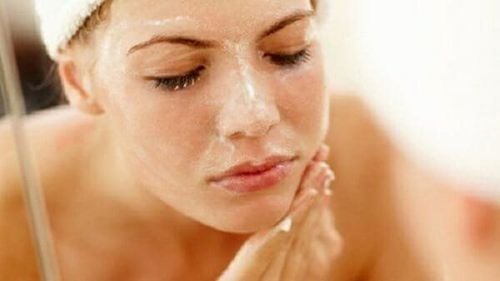
Khi tẩy tế bào chết da mặt cần chọn những sản phẩm phù hợp
3. Advice from a dermatologist when exfoliating
To prevent skin damage when exfoliating, dermatologists recommend paying attention to the following factors:
Consider the skin care products you already use. Some medications and even over-the-counter products can make your skin more sensitive or flaky, such as prescription retinoid creams or products containing retinol or benzoyl peroxide. Exfoliating while using these products can worsen dry skin or even cause acne. Choose the right exfoliation method for your skin type. Those with dry, sensitive, or acne-prone skin, it may be appropriate to use a washcloth and a mild chemical exfoliant, as mechanical exfoliation can be too irritating for the skin. with this skin. Those with oily, thicker skin can use stronger chemical treatments or mechanical exfoliation. Be gentle with your skin. If using a chemical exfoliator, apply the product gently in small, circular motions. Do this for about 30 seconds and then rinse with warm and not hot water. Never exfoliate if you have cuts, open wounds, or if your skin is sunburned. Follow with moisturizer. Exfoliating can dry out the skin. So you should apply moisturizer right after exfoliating to keep the skin healthy and hydrated. Find a schedule that works for you. The frequency of exfoliation depends on your skin type and exfoliation method. In general, don't over-exfoliate as this can cause redness and irritation. If you're not sure what skin type you have or if you have questions about exfoliating, see a dermatologist to have your skin evaluated and help you decide if exfoliating is beneficial. useful to you or not.
If you have any questions, need advice on health, beauty, aesthetics, healthy living... you can leave questions to be answered by doctors and experts of Vinmec International General Hospital.
Please dial HOTLINE for more information or register for an appointment HERE. Download MyVinmec app to make appointments faster and to manage your bookings easily.
Reference source: aad.org



